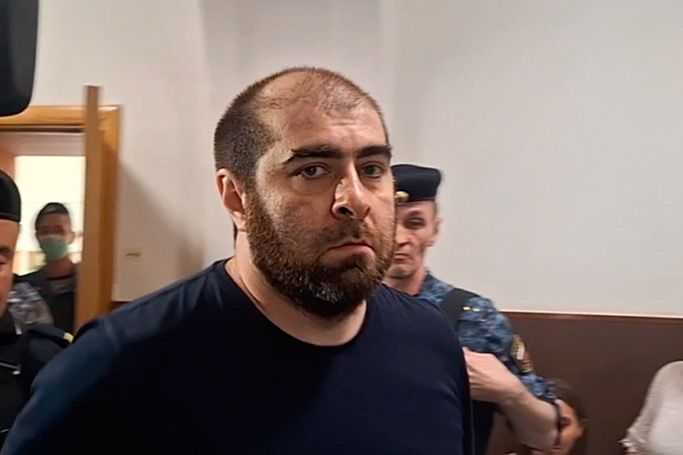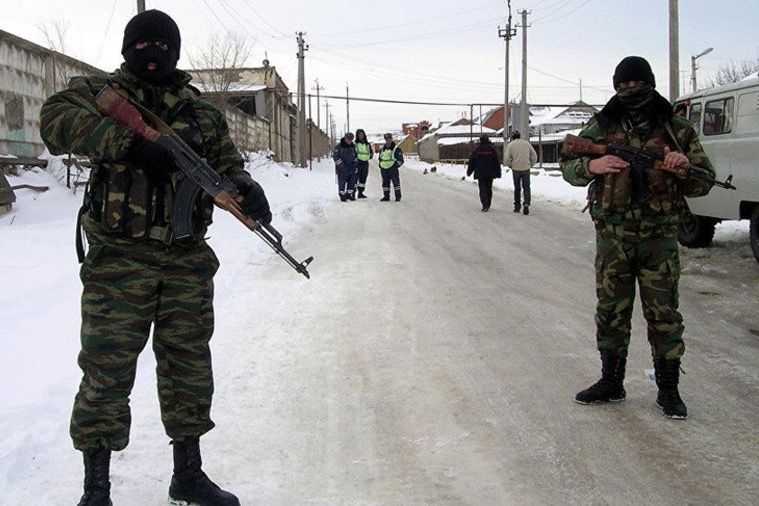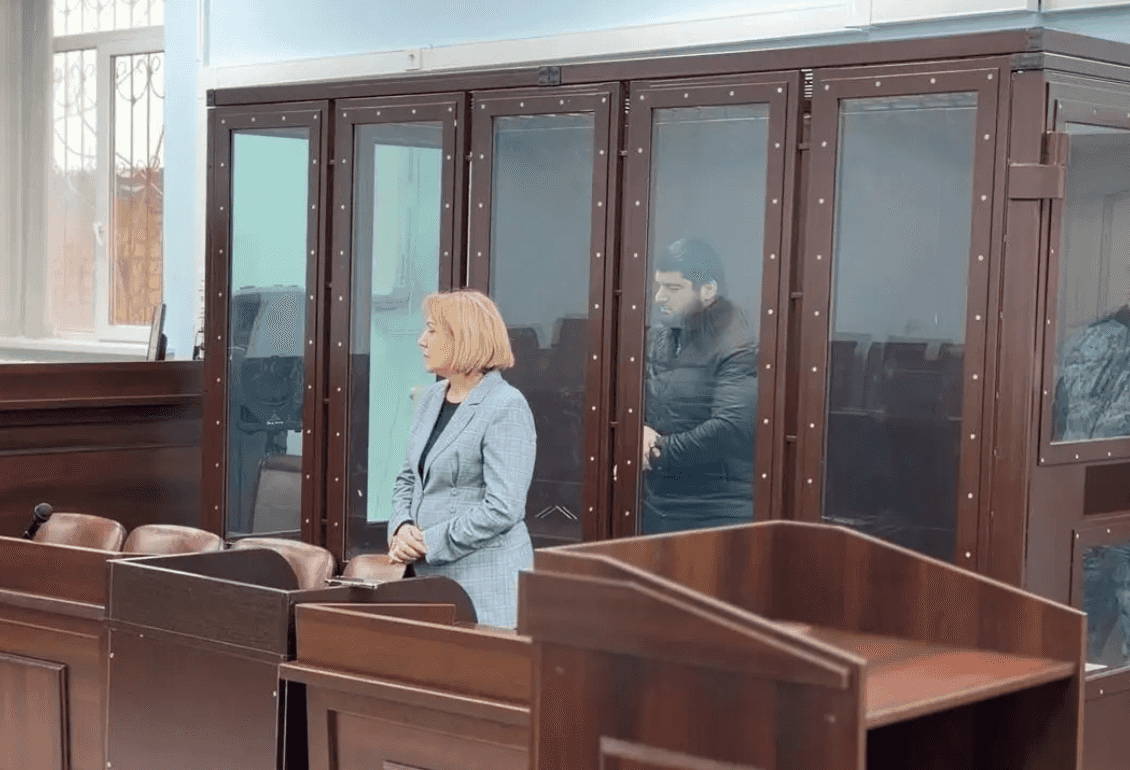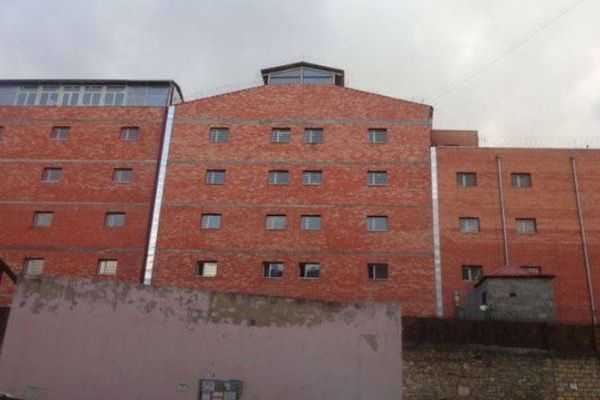
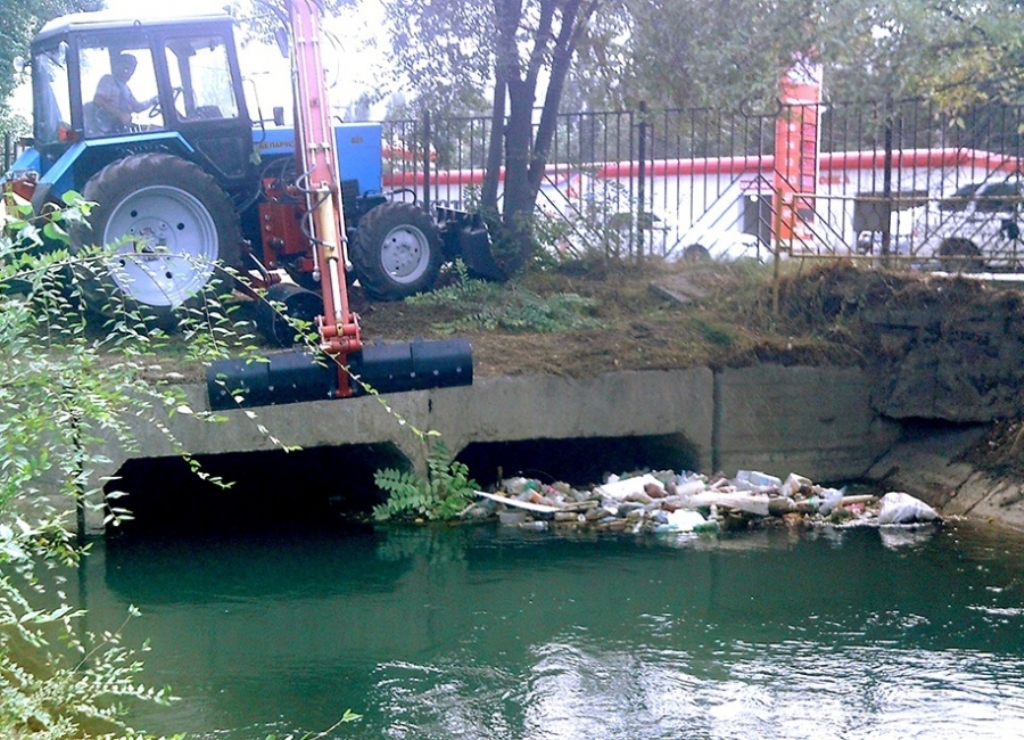
The prosecutor’s office of the Daghestani capital, Makhachkala, is to sue the city’s water company for providing substandard water. On 28 January, the prosecutor’s office demanded the company and city authorities provide suburban residents with quality drinking water.
A spokesperson for the prosecutor’s office told OC Media that water provided in the five villages of Makhachkala is industrial quality rather than drinking water, and therefore does not meet hygiene requirements.
According to local residents, those who can, have been buying bottled water daily, fearing for their health.
The spokesperson said that the prosecutor’s office had contacted the Director General of the water company, Makhachkalavodokanal, in December, but nothing had changed.
Poor-quality drinking water that had not been treated was discovered in December in two of the three administrative districts of Makhachkala, they added.
‘Delayed court proceedings’
A spokesperson for the Federal Consumer Protection and Welfare Service in Daghestan told OC Media that poor-quality drinking water could cause a rapid spread of intestinal infections.
According to the spokesperson, drinking water within Makhachkala did not meet safety standards while in the city’s suburbs, the situation was even worse.
‘In 2018, four lawsuits were filed against Makhachkalavodokanal — three of them were upheld and one is currently ongoing. Thirty-five police reports were drawn up, with the total value of fines imposed exceeding ₽1 million [$15,300]’, he said.
According to him, the water company has continuously delayed court proceedings and appealed the decisions made, forcing people to continue to use poor-quality water.
The head of Makhachkalavodokanal, Timur Magomedov, told OC Media that at present, all drinking water samples comply with sanitary rules and regulations. However, he also recommended that all tap water should be passed through a filter or boiled before drinking.
Mass poisoning
Magomed Adilov, a resident of Shamkhal, a village in Makhachkala, told OC Media that no processed water of any kind reaches the village.
‘We buy bottled water every day, as drinking turbid water from the tap is dangerous for our health. In other suburban settlements, the water supply situation is no better’, says Adilov.
In October 2016, up to 1,000 people were hospitalised in a mass-poisoning in Makhachkala, after people drank polluted water. Heavy rainfall had overloaded storm sewers in the city, causing sewage to flood the central water supply.
The investigation into the poisoning did not lead to any convictions — the CEO of Makhachkalavodokanal, Magomed Murtazaliyev, was detained, but released six months later with all charges dropped.
The former mayor of Makhachkala, Musa Musayev, and the former chairman of the Daghestani government, Abdusamad Gamidov, had been negotiating with specialists from Volgograd and Moscow to improve the quality of drinking water in Makhachkala and its suburbs.
However, Musayev was sentenced to four years in prison on corruption charges in October 2018, while Gamidov faces charges of embezzling more than ₽100 million ($1.5 million) in budget funds.
According to Timur Magomedov, Director General of Makhachkalavodokanal, said foreign specialists were supposed to upgrade the city’s water treatment capacity.
‘For these purposes, ₽600 million ($9 million) was necessary. Makhachkalavodokanal does not have such funds, so it was planned that the city budget would finance it. But after the arrest of the Makhachkala Mayor and the Chairman of the Government of Daghestan, this programme was never implemented’, Magomedov said.
Salvation in sewage treatment plants?
The leaders of Makhachkalavodokanal and the Daghestani Consumer Protection Service have both said that new water treatment facilities launched in March 2018 could improve the water supply situation in Makhachkala.
Makhachkalavodokanal have said the Tarnair plant will allow the volume of drinking water from the Miatli Reservoir to double from 120,000 cubic metres to 240,000 cubic metres.
The spokesperson for the Consumer Protection Service told OC Media that the Tarnair plant was still not working at full capacity, but did not explain the reasons behind this.
Musa Kachalov, a former chief engineer at the plant, told OC Media that the commissioning of the facility went against standard water treatment technology.
According to him, the plant could currently only clarify the water, since they do not have a license to chlorinate it. He said the plant needed reconstruction, but that there was no funding for this.



